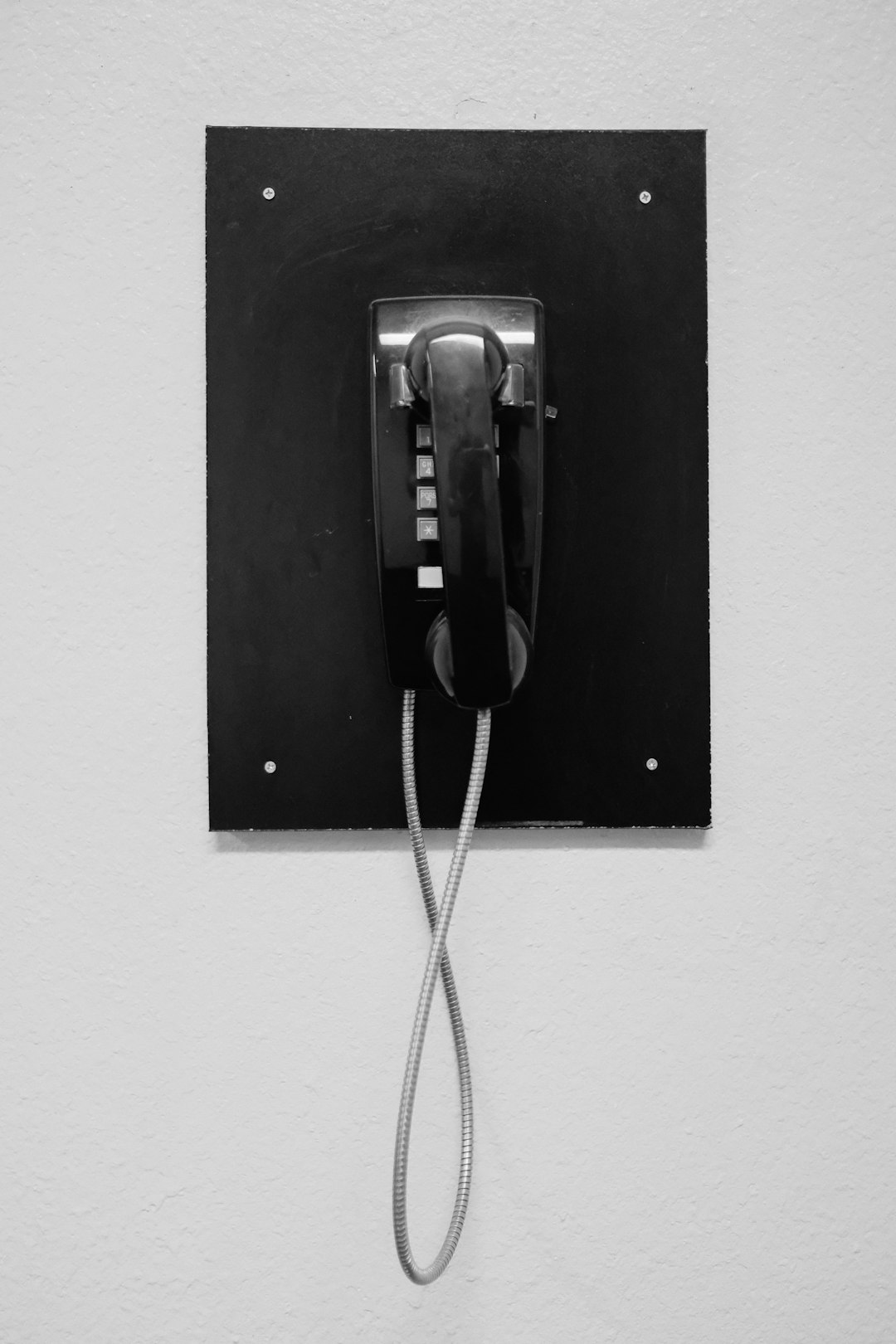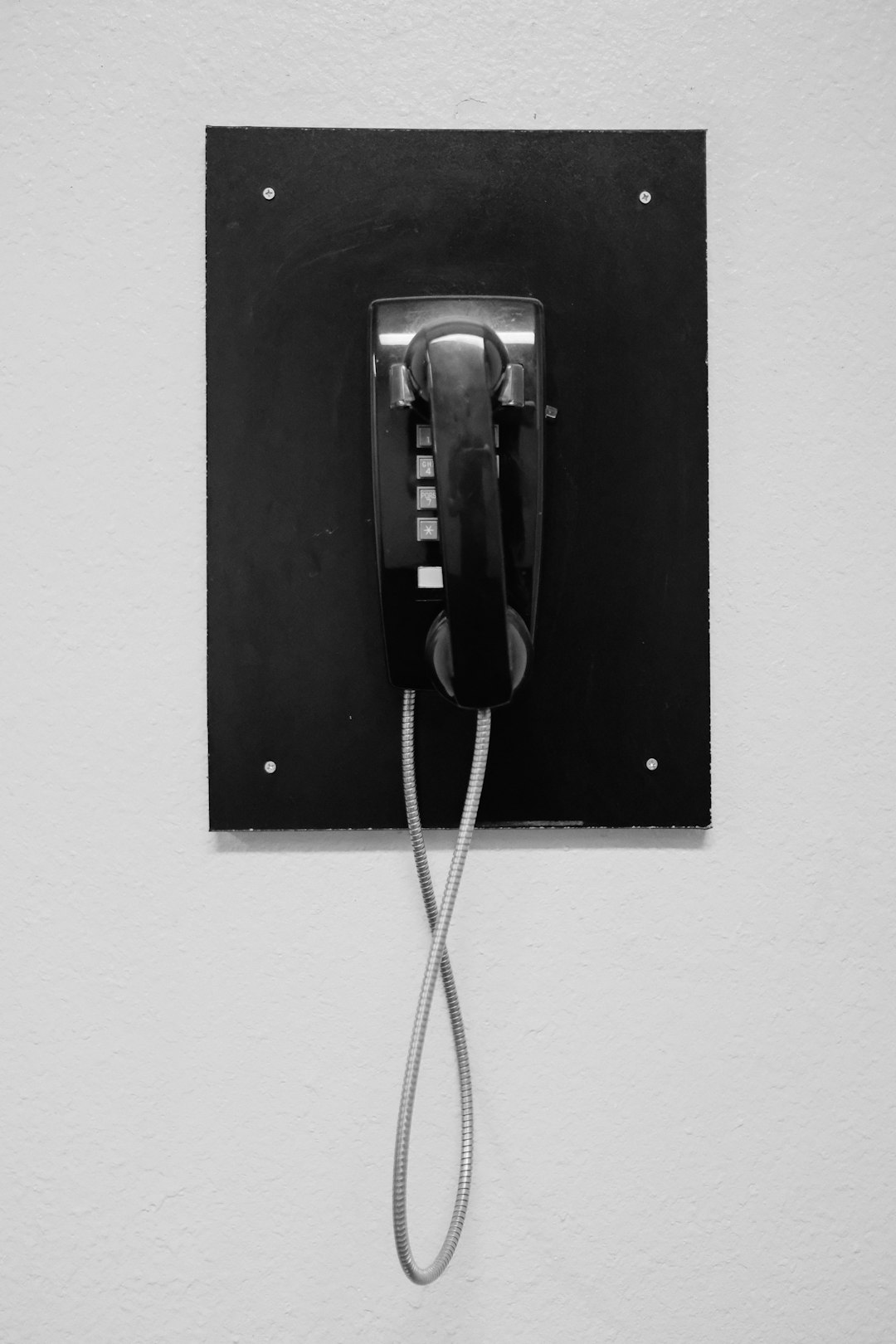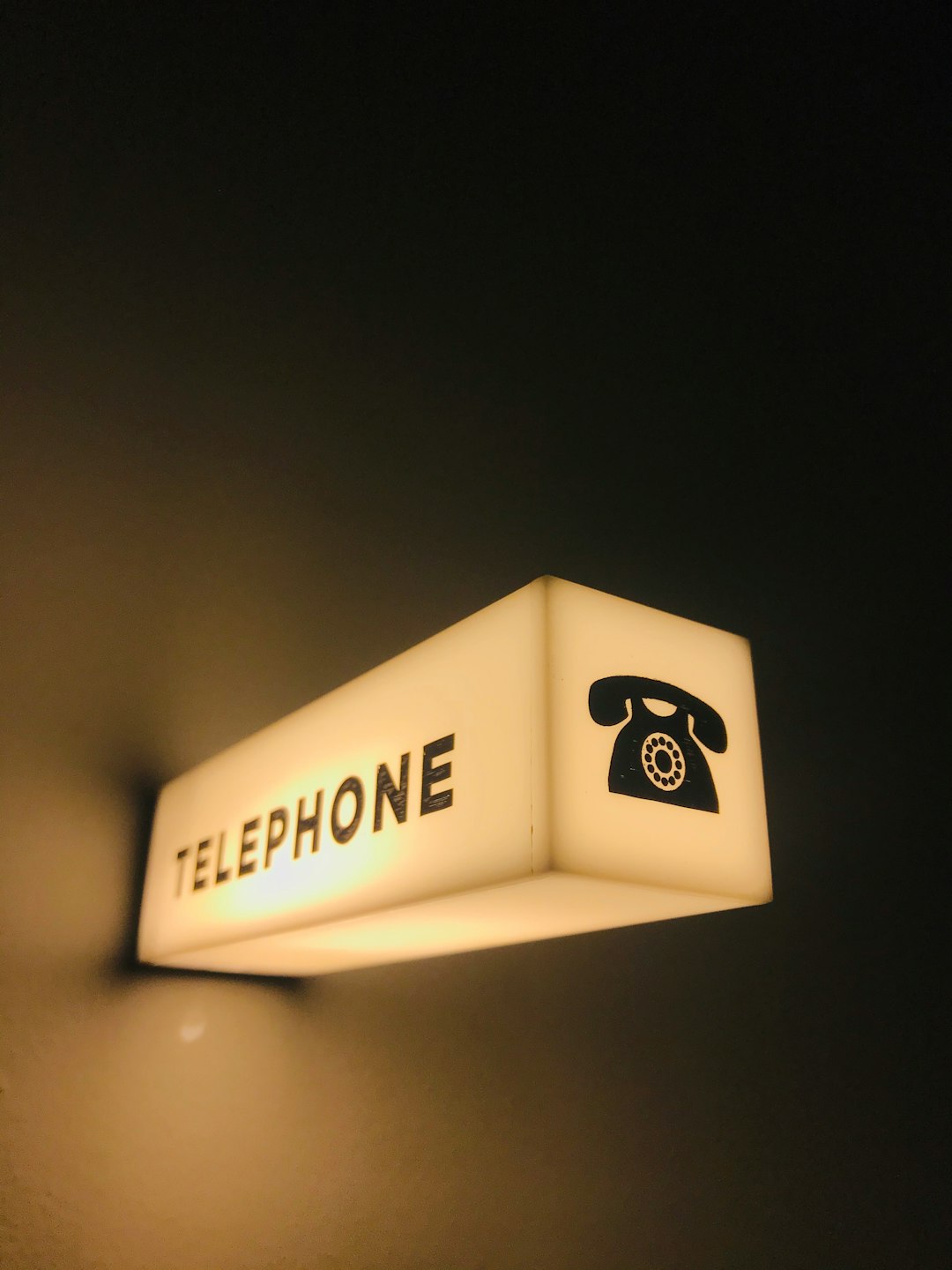Louisiana residents in New Orleans benefit from the Telemarketing Consumer Protection Act (TCPA), a federal law limiting businesses' ability to make automated or prerecorded calls without prior consent, effectively curbing intrusive spam calls and protecting privacy. Specialized spam call law firms in Louisiana enforce TCPA regulations, guiding both businesses towards compliance and consumers seeking relief from unwanted marketing practices, thereby ensuring peace of mind for affected individuals.
“In the dynamic legal landscape of Louisiana, understanding the Telephone Consumer Protection Act (TCPA) is paramount for both businesses and consumers. This federal legislation, with its strict guidelines on telemarketing practices, has a profound impact on how New Orleans residents interact with unsolicited calls and messages.
This article explores the intricacies of the TCPA, focusing on spam calls and their legal repercussions. We delve into the crucial role a specialized spam call law firm in Louisiana plays in safeguarding consumer rights.”
What is the TCPA and Why Does it Matter in Louisiana?

In the vibrant and bustling city of New Orleans, Louisiana residents are protected by the Telemarketing Consumer Protection Act (TCPA), a federal law designed to curb unwanted spam calls and protect consumer privacy. This stringent legislation limits how businesses can contact consumers via telephone, aiming to prevent harassing or deceptive practices. For Louisiana’s citizens, understanding the TCPA is crucial as it offers a robust framework for dealing with intrusive telemarketing activities.
The TCPA restricts phone calls made using automated dialing systems or prerecorded messages without prior express consent from the recipient. This law is particularly relevant in Louisiana, where many residents may be targeted by spam call law firms attempting to sell legal services. By enforcing these restrictions, the TCPA empowers consumers to take action against such unsolicited communications, ensuring their peace of mind and safeguarding their rights in today’s digital era.
Understanding Spam Calls and Their Legal Implications

In today’s digital age, consumers in New Orleans and across Louisiana are increasingly facing a deluge of unwanted spam calls, often from automated systems. These persistent and intrusive phone calls, typically promoting various products or services, have sparked significant concern among residents. The spam call law firm in Louisiana plays a crucial role in navigating this complex issue.
The Telephone Consumer Protection Act (TCPA) is a federal law designed to curb excessive and unsolicited telemarketing practices. It imposes strict regulations on how businesses can contact consumers by phone, aiming to protect individuals from annoying and deceptive marketing strategies. Understanding the TCPA’s provisions is essential for both businesses operating in Louisiana and residents dealing with spam calls. When businesses fail to adhere to these guidelines, it can lead to legal consequences, including financial penalties, injunctions, and class-action lawsuits, as enforced by a dedicated spam call law firm.
Protecting Consumers: The Role of a Law Firm in TCPA Cases

In the ever-evolving legal landscape, consumers in New Orleans, Louisiana, face unique challenges when it comes to protecting themselves from unwanted and harassing spam calls. Here, a specialized spam call law firm plays an invaluable role. These legal experts are equipped to navigate the complex regulations outlined by the Telephone Consumer Protection Act (TCPA), ensuring that consumers’ rights are upheld. By employing their extensive knowledge of TCPA laws, these firms offer crucial protection against abusive telemarketing practices and help restore peace of mind for affected individuals.
A spam call law firm in Louisiana serves as a vigilant guardian, defending clients from potential legal repercussions arising from unauthorized calls. They provide guidance on best practices to stop unwanted communication, enabling businesses to comply with TCPA standards while allowing consumers to enjoy their quietude. Through strategic interventions and legal actions when necessary, these firms foster an environment where consumers can interact with marketers on their terms, free from intrusion and harassment.






